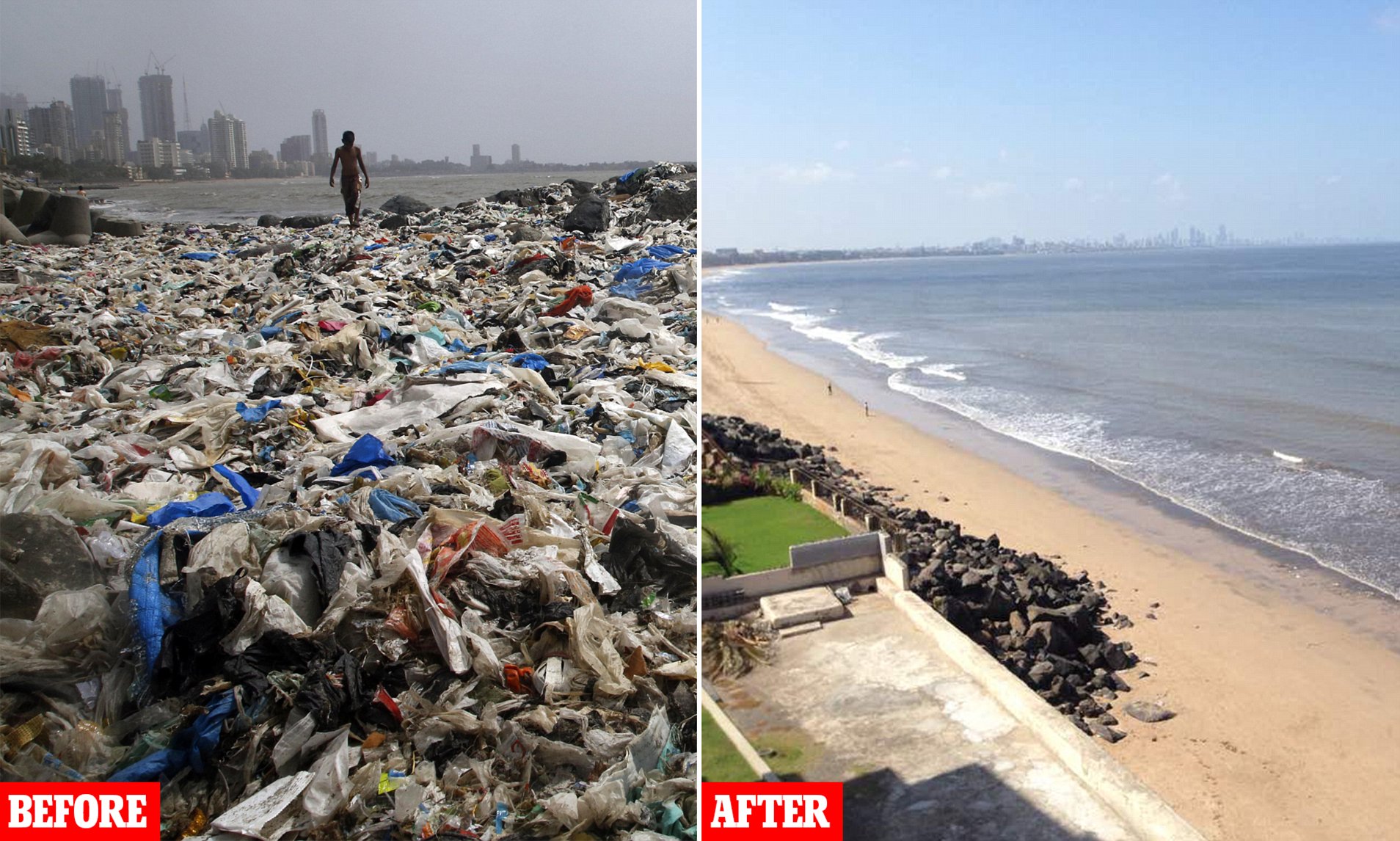
In 2019, I had a marvelous opportunity to trek into the deep of
Bandarban hilly tracks where I witnessed the ultimate beauty of Bangladesh
landscapes. I Bathed in the mighty waterfalls, felt the swift breeze of the
famed jhum lands, savored the warm acceptability of the tribal people, devoured
the heavenly papayas and above all, spectated the ultimate dazzling sights of
the galaxy at nights. Words cannot describe the peace and tranquility we
experienced those days – would love to go again!
Although the nature has always been kind and plentiful to us, we haven’t
been gracious towards them. From Dhaka to the deep of Bandarbans, one common
behavior we observed – throwing cigarette butts, coffee cups, chips packets,
plastic bottles – anything that has been used NOT INTO the garbage bin – but on
the streets, lands, even in the water. Although there are dumpsters nearby –
everybody is reluctant to use them. I asked a person who has just thrown his
poly bag into the dirt at the bus stop at Cumilla – that he should have used
the penguin disguised bin written “USE ME” just 2 feet away from his current
position, he replied in disgust that it was not our concern – hence depicting
the modern mentality.
Anyhow, with colorful dreams, we continued our journey towards
Bandarbans and reached Thanchi in an open hooded jeep – which was a
rollercoaster of emotions. Our guide was waiting for us, and after a quick
refreshment and briefings – we started our trekking which covered roughly 75
kilometers in 4 days. We relished the colors of wildflowers, chirping of
unknown birds and undoubtedly, the blood sucking experience of leeches, which
made our journey bloodier than ever. Although we observed variety of scenery
and passed rough terrains, one aspect was common – Yes you guessed it right,
the plastics and unused foils laying around the fountains, peeking from the
muds, floating on the streams, and stuck between branches, a complete massacre
of our beloved green earth.
What are the reasons behind these unappreciable habits of people? What
made us so callous that we don’t feel guilty while plastic littering and
letting our ecosystem in danger?
The answer is, inadequacy of knowledge regarding the adverse effect of
plastic on environment along with lives associated with it and the mindset of
“One plastic bag will do not harm, someone else will pick it up”. In modern
world, the most common type of littering is the simplest things we throw away
unintentionally – cigarette butts, biscuit and chips packet, food wrappers,
plastic cups, and one-time useable plates, see through plastic bags, straws etcetera.
Plastic littering severely affects the soil, water, animals and even humans. I
have personally observed such a horrific event when a stray cow suddenly died
of unknown reasons. Later it was
revealed that, the cow suffered intoxication as she ate plastic bags which
eventually costed her life. Every year, thousands of such poor animals, both in
land and in water, suffer due to plastic poisoning. Who are to blame? We are!
We created these issues.
While a plastic product takes more than 400 years to biodegrade, it
affects organism in the food chains which not only intoxicates plants and
animals, but also to humans as they consume the intoxicated food. Plastic waste
can make a beautiful landscape into a garbage disposal site, a tourist spot
into an unprofitable business, healthy wildlife and sea creatures into miserable
ones, a fruitful land into futile barren site, a natural green future into
plasticky grey ones.
Now, one may question out of frustration, “Is there nothing we can do?
Is it too late? Can’t this be reversed?”, the answer is “YES”. There are many
outstanding examples which will encourage us and will make us optimists
regarding this situation. In 2017, Indian environmental activist Afroz Shah
Foundation removed more than 12,000 tonnes of filth from Versova Beach, Mumbai
which took 96 weeks and thousands of volunteers and made a milestone towards
green world. They believed in the motto: “Anything can be cleaned” and because
of their dedication, hundreds and thousands of sea turtles now hatch on the
beach.
The earth has been our guardian since evolution of nature, and we all
constantly are consuming her resources to live. It is our duty to take care of
the only place in the galaxy where we can breathe and inhabit in a balanced
ecosystem. EQMS Consulting Limited has always been wary about these issues and
takes necessary steps and promotes activities in favor of environmental
benefits. Every year, EQMS team visits Saint Martins Island to promote the
cleanliness and biodiversity of marine life and collects plastic rubbish to
maintain the sparseness of this beautiful island. If everyone, every
organization follows simple tidiness and mentality to keep our environment
healthy, it will be not too far when we will again be able to enjoy the true
enchant of our country, hence our world.
Share this page via

